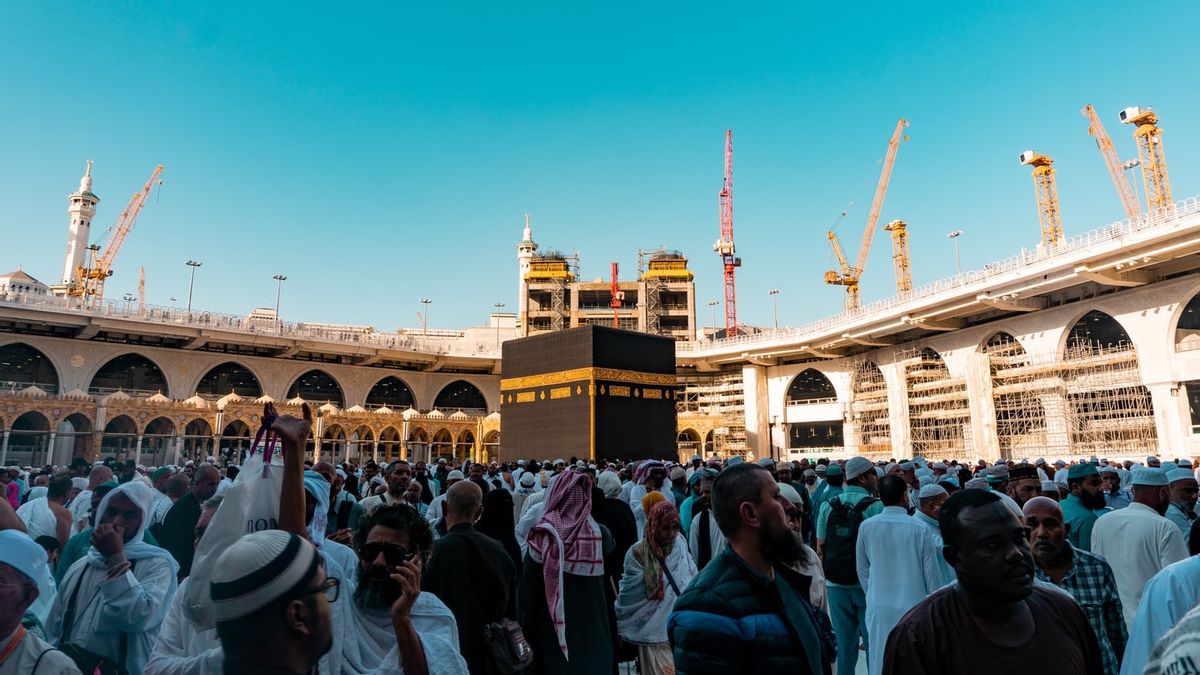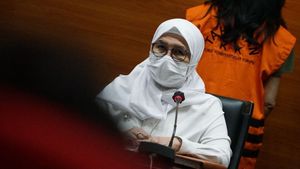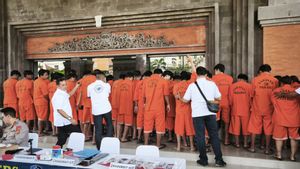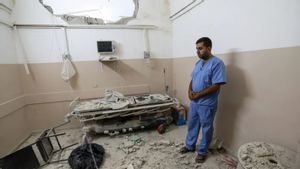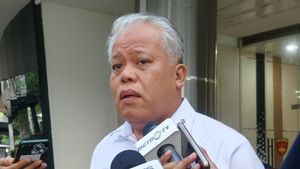JAKARTA - The Ministry of Health has implemented a layered health screening system for Hajj pilgrims from arrival to return to their respective homes to prevent the risk of COVID-19 transmission.
"Our anticipatory steps start from arrival at the airport, debarkation, to the congregation's residence", said Acting Secretary of the Directorate General of Disease Prevention and Control (P2P) of the Indonesian Ministry of Health, Yudhi Pramono, in the FMB9 Dialogue as reported by ANTARA, Monday, July 11.
Yudhi said the Ministry of Health's preparations in anticipating the transmission of COVID-19 were also carried out by health screening involving officers from various related agencies.
Upon arrival, the Ministry of Health prepared a team of health posts at the airport along with supporting facilities and infrastructure to anticipate emergency events experienced by pilgrims.
Hajj pilgrims as Overseas Travelers (PPLN) are required to show a certificate and have received at least two doses of COVID-19 vaccine, at least 14 days before departure to enter Indonesia and undergo a COVID-19 symptom check.
Yudhi said Indonesia is currently experiencing an increasing trend of COVID-19 cases, which are dominated by the Omicron BA.4 and BA.5 subvariants, but the situation, in general, is still under control and the majority of Indonesian people have good immune status due to the high coverage of full dose and dose 1 vaccinations.
"From the officers to the ambulance, to the hospital, we have prepared for the arrival of the pilgrims at the airport", he said.
The Ministry of Health also provides health workers in the Hajj dormitory consisting of officers from the port health office, the health office, to screen for symptoms, such as body temperature, antigen, PCR, and others.
If the congregation is declared antigen reactive or positive for RT-PCR, said Yudhi, isolation will be carried out. If mild symptoms are isolated centrally, but if moderate and severe, they are referred to a designated hospital.
SEE ALSO:
At home health surveillance, the Ministry of Health distributes Hajj Congregation Health Alert Cards (K3JH) for screening purposes.
"We have coordinated with the health offices in the provinces and regencies/cities who will later receive the pilgrims. They will monitor the health of the returning pilgrims", he said.
K3JH contains data on congregants who have health complaints to be taken to the nearest Puskesmas from their place of residence. Furthermore, the officer will check the health condition according to the complaints experienced.
"Does it require further treatment or does it need to be referred to a hospital", he said.
The English, Chinese, Japanese, Arabic, and French versions are automatically generated by the AI. So there may still be inaccuracies in translating, please always see Indonesian as our main language. (system supported by DigitalSiber.id)
